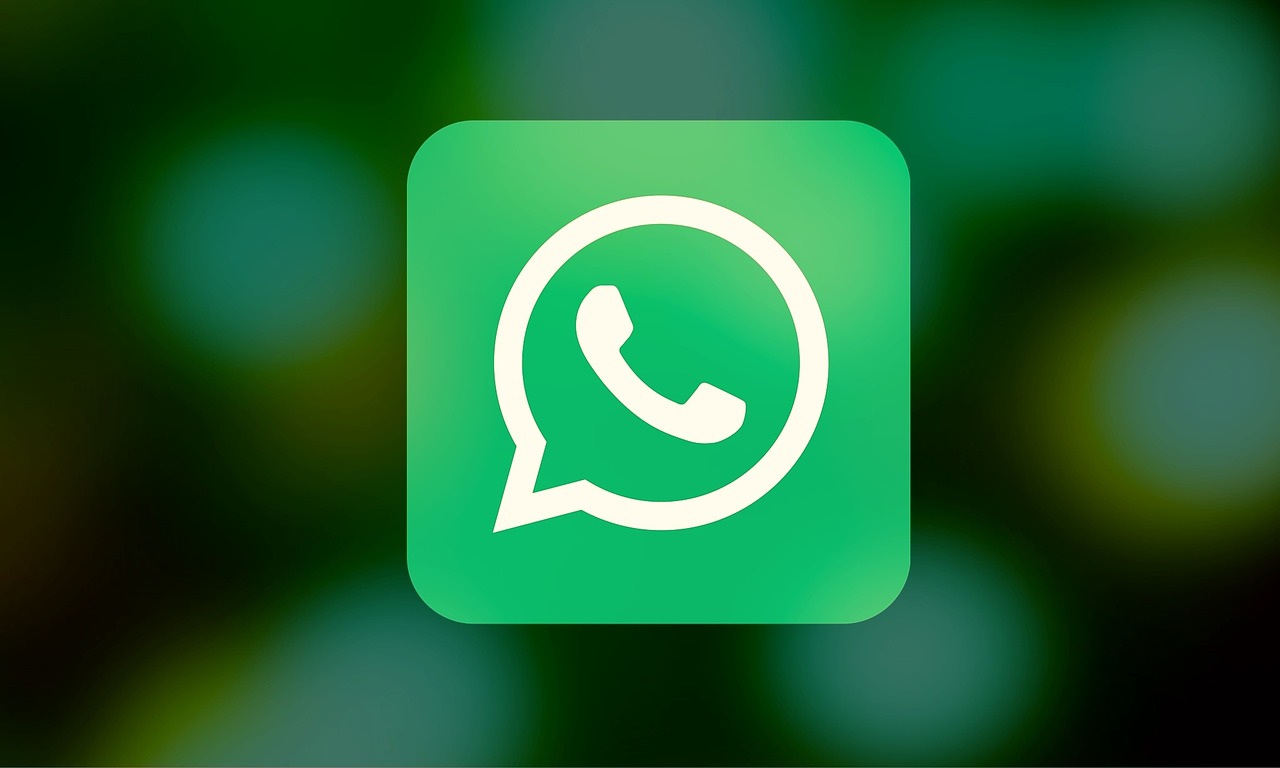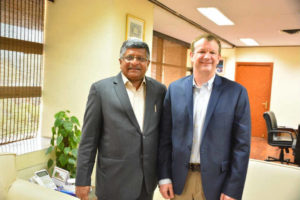Remember the time you had to activate a message pack that allowed you 100 free SMS a day? All that changed with the advent of the free, real time messaging service WhatsApp. Launched in mid-2010, it took the Indian messaging market by a storm. One could send photos, videos and even audio clips for free. It popularity has grown exponentially over the past years. In January 2017, WhatsApp announced a monthly user (active) base of 1.2 billion.
-
Is WhatsApp a Good Investment?
With such a huge user base, WhatsApp is a goldmine for businesses. This is precisely why Facebook bought it in 2014 for a whopping $19 billion. Facebook, with its huge user base of over 1.8 billion, uses a lot of marketing strategies that allow businesses to interact with customers in a more direct way. CEO Mark Zuckerberg has the same vision for WhatsApp. Similar to Facebook Messenger, it might also allow users to interact with and make payments via the app itself. This makes things convenient for both the user and the business. Seed Accelerators like Y Combinator are already tapping into the enormous potential that this business model has.
-
Let’s Get Familiar With The Business Model of WhatsApp:
After dropping its paltry annual subscription charges last year, WhatsApp is now looking to monetize its user base. The business model itself is quite simple. Let’s say business ‘A’ wants to promote its products. It pays a specific amount of money to WhatsApp and this in turn gives ‘A’ access to a huge user base. Apart from advertising, the business can also interact directly with customers which can be a huge boost to sales. There is a catch though. Since the business direct access to customers, there is always a risk of spamming. This is something Facebook has been working on. Hopefully, the new feature will be rolled out once Facebook resolves this issue.
-
WhatsApp And The Way Through Digital India:
With over 200 million Indians using this message app, India has the largest potential market. The business model actually fits in perfectly with PM Modi’s vision of a digital and cashless economy. Coupled with the huge user base, India will be a hotspot for investors. Since most of the indigenous businesses have access to WhatsApp, this new model might be welcomed by the Central Government as it falls in line with the “Make in India”scheme. In fact, Brian Acton, the co-founder of WhatsApp has already spoken with IT Minister Ravi Shankar about how this app can contribute in India’s transition towards a cashless economy. With so many supporting factors in place, this new model might become a huge success in India.















Pingback: Facebook's Mark Zuckerberg to Study Cryptocurrency for Decentralization